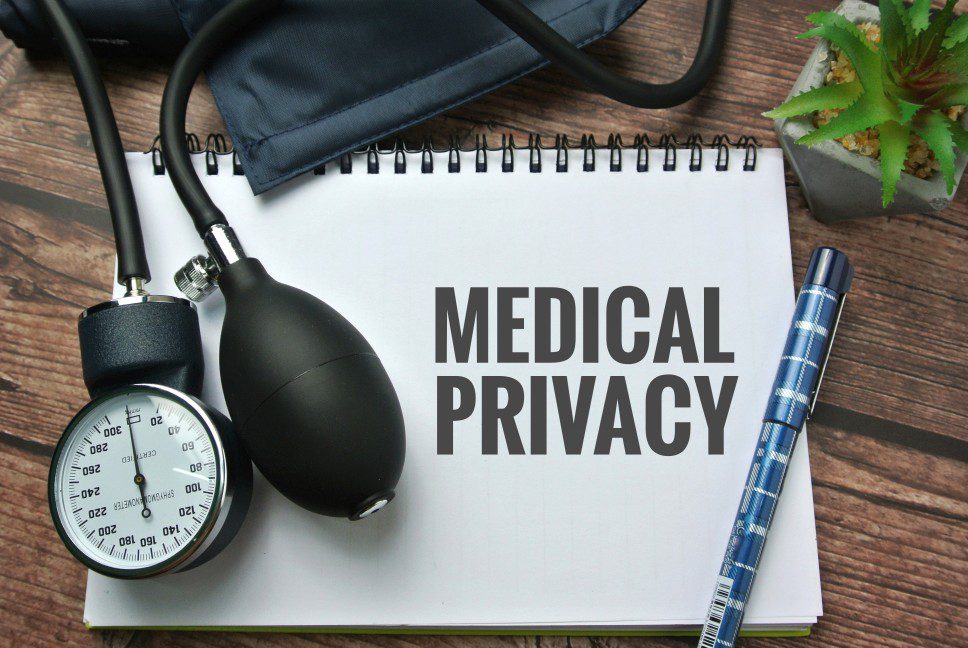If you’re running a business or part of a business that is subject to the Healthcare Insurance Portability and Accountability Act (HIPAA), it is important that you are aware of what HIPAA compliance is and make sure that your organization complies with HIPAA requirements. This will ensure that any Protected Health Information (PHI) you have access to remains private and secure. There are moral and ethical reasons to comply with HIPAA requirements, but as well as this, failure to comply can actually result in your business receiving substantial fines and your business gaining a poor reputation too, even if no breach of PHI occurs. This means that HIPAA compliance is important not only for the wider public, but also for your business’ success. Actual breaches can result in criminal charges and civil action lawsuits being filed. If you were to find yourself in this situation, “not knowing” about the need for HIPAA compliance or its specific requirements is not considered to be a justifiable defense against sanctions. So, here’s some information that will help to keep your business on track.
What is HIPAA Compliance?
Let’s start by explaining what HIPAA compliance actually is. HIPAA compliance is ensuring that your business fulfils the requirements of the Health Insurance Portability and Accountability Act of 1996, its subsequent amendments and any related legislation such as “HITECH”. If you need further help with HIPAA compliance, contact Axiom.
What Are HIPAA’s Requirements?
The HIPAA’s requirements often seem intentionally vague. This is to ensure that the rules are equally applied to every type of Covered Entity or Business Associate that creates, accesses, processes, or stores PHI.
The Levels of HIPAA Compliance
Different levels of HIPAA compliance include data protection, physical safeguard and technical safeguards.
Data Protection
- Guaranteeing the security and availability of PHI to maintain the trust of practitioners and patients
- Meet HIPAA and HITECH regulations for access, audit, integrity controls, data transmission and device security
- Ensure there is acceptable visibility and control of sensitive data throughout your organization
Physical Safeguards
- Limiting facility access and control with authorized access in place
- Putting policies in place regarding access to and the use of workstations and electronic media
- Restrictions in place for transferring, removing, disposing of and re-using electronic media and ePHI
Technical Safeguards
- Using unique user IDs, emergency access procedures, automatic log off, encryption and decryption
- Carrying out audit reports or tracking logs that record activity on hardware and software
Steps to Take
- Find out which of the required annual audits and assessments are applicable to your organization
- Conduct any necessary audits and assessments, analyze the results and document any issues to be rectified
- Document your remediation plans, put the plans into action, review them annually and update as needed
- Appoint a HIPAA Compliance, Privacy or Security Officer
- Provide staff with HIPAA training on an annual basis, make sure to document this training
- Perform due diligence on any partners or other business associates to make sure that they’re compliant too
- Make sure employees know how to report any breaches.
As you can see, there’s a lot to keep in mind when making sure that your business is HIPAA compliant. Hopefully, some of the information above will help!



































